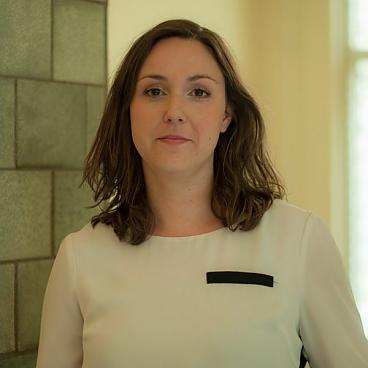Parliament backs SP proposal for more intelligent approach to soft drug regulation
Parliament backs SP proposal for more intelligent approach to soft drug regulation

From 2017 soft drugs – basically, cannabis and its derivatives –should be subject to more intelligent regulation. A parliamentary majority supported the SP’s proposal to this effect. Implementation would put an end to the current bizarre situation under which the open sale of cannabis is tolerated, yet its purchase by vendors – the euphemistically named ‘coffee shops’ – is illegal. SP Member of Parliament Nine Kooiman points out that “as things stand coffee shop operators are forced to do business with criminals. The government must stop creating crooks and instead concentrate its attention on public health and on prevention.”
It was striking that the SP’s proposal was not supported by the centre-right VVD, the larger of the two governing coalition parties, nor by the VVD’s Minister of Security and Justice Ard van der Steur. “Bizarre,” comments Kooiman, “because last month at the VVD Conference a very similar proposal was adopted. My text is based on the VVD proposal, the purpose being to challenge this party to stick to its electoral commitments.”
Kooiman argues that “the adoption of the resolution is a good first step. In 2010 a state agency calculated that soft drugs could produce more than €420 million in revenue. That’s money which could be better invested in prevention, including better information, and control.”
The SP wants to see the sale and cultivation of cannabis at last fully legalised. This would mean that demands could be made and limits imposed, it would make quality control possible. And there would no longer be any room for organised crime if people could legally cultivate, sell and buy soft drugs.
